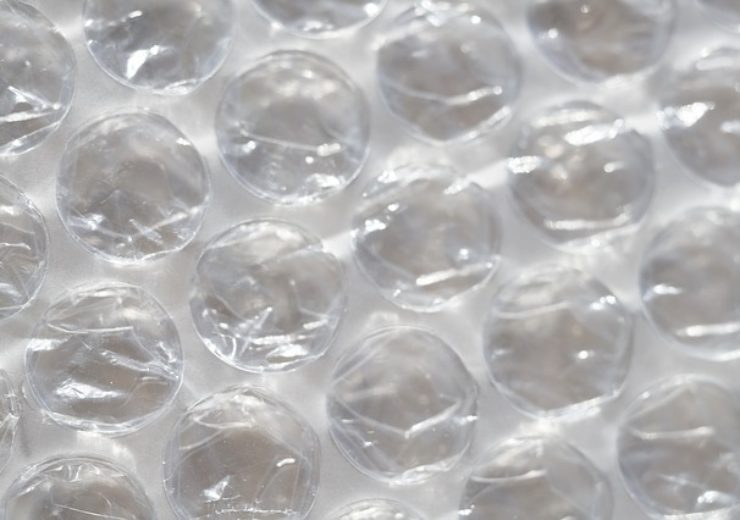Approximately 85,000 metric tons of plastic mulching film are used in Europe every year, a total surface area of 460,000 hectares

MATER-BI Soil-biodegradable for mulching film has been certified for organic farming by AIAB (Credit: Engin_Akyurt from Pixabay)
Novamont’s MATER-BI bioplastic, which is used for the production of soil-biodegradable mulching films in compliance with European standard UNI EN17033, has been certified to comply with the “AIAB Technical Means” specification, which aims to guarantee all farmers and professional users products that are compatible with the environment and meet technical and ethical sustainability requirements, in addition to complying with current regulations on technical means eligible for organic farming.
Moreover, through intensive work, Novamont, the AIAB (Italian Organic Farming Association) and Bioagricert (the control and certification body for organic production) have developed a specific standard that requires mulching films for organic farming to have the maximum content of renewable raw materials derived from natural renewable NON-GMO sources (the material and the film must not contain traces of recombinant DNA and the raw materials must be identified by appropriate NON-GMO attestations) and to guarantee total biodegradability in soil, in compliance with European reference standard UNI EN17033, which involves a check on relevant aspects of use and end-of-life and the absence of toxic effects on the environment.
Being capable of use under different environmental conditions and on crops having different cycles with excellent agricultural results, because of its biodegradability in soil MATER-BI film does not need to be recovered and disposed of at the end of the cultivation cycle, but can be left in the soil where it is biodegraded by microorganisms, thus helping to reduce plastic waste production and preserve the soil from pollution by plastics.
Approximately 85,000 metric tons of plastic mulching film are used in Europe every year, a total surface area of 460,000 hectares. Conventional (non-biodegradable) plastic mulching films have to be removed from fields at the end of the crop cycle, and are often contaminated with crop wastes which can increase their weight by 65% in comparison with fresh film. When the film is removed, earth and organic matter (SOM) present in the soil are removed too. Estimating that a percentage of 1.2% of organic material is removed by doing this every year, this amounts to 1800 metric tons of SOM being removed every year. Choosing to use biodegradable agricultural films means counteracting soil degradation, avoiding contamination with plastics.
“Soils are an increasingly fragile non-renewable resource threatened by unsustainable management, pollution and progressive desertification. To counteract this, Novamont research has always worked to develop products which help to preserve the fertility and functioning of soil,” says Catia Bastioli, Novamont’s CEO.
AIAB-certified MATER-BI mulching film, which can be processed using most of the extrusion machines in common use, has been available since December 2019 and will be officially showcased at BIOFACH 2020, the largest organic exhibition in the world, which will be held in Nuremberg from February 12 to 15, 2020.
A workshop “The use of bioplastics in organic farming” will be held on February 14, at 12 noon, in the Kopenhagen Room Forum at BIOFACH. In the course of this, Sara Guerrini, Novamont’s Agricultural Public Affairs spokeswoman, will give a presentation on the subject of biodegradable and compostable films in organic farming, from mulching to packaging. Also presented at the workshop will be the results of the EU MYPACK project, the aim of which has been to identify packaging solutions and innovative materials to reduce environmental impacts, increase shelf life and find ways of promoting the wider use of these innovative solutions.
Finally, MATER-BI films, which are certified to be biodegradable in soil, can be regarded as a means of fulfilling the sustainable development objectives (OOS/SDGs – Sustainable Development Goals) outlined by the United Nations for the country, the environment and society when used in cultivation.
Source: Company Press Release
